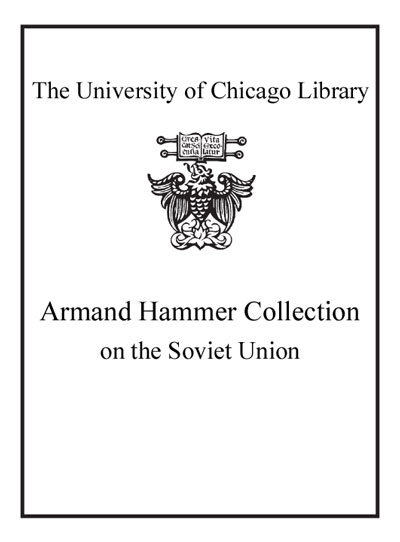Review by Booklist Review
This is an extraordinary transcription (and translation) of three blunt and probing conversations during the early 1990s between two old friends--former Soviet leader Mikhail Gorbachev, and Zdenek Mlynar, one of the theoreticians and leaders of the Prague Spring. They befriended one another as students in Moscow in the early 1950s, but they neither saw nor spoke to one another for 22 years following the 1968 Soviet invasion of Czechoslovakia. When Gorbachev assumed power, Mlynar wrote articles extolling his friend and expressing his belief in Gorbachev's positive qualities and his being the man who could bring about reform. The topics of the conversations are exactly what the book's subtitle says, though at times Mlynar, who died in 1997, uses the forum to push Gorbachev into explaining his strategy vis-a-vis the historical outcome. The two also discuss their personal paths toward and away from communism. The most interesting of their discussions, however, centers on their views of socialism: how it differed from Soviet communism; why it is compatible with democracy; and the direction(s) it may take in the future. --Frank Caso
From Booklist, Copyright (c) American Library Association. Used with permission.
Review by Publisher's Weekly Review
Only a little more than 10 years ago, Mikhail Gorbachev was the one of the world's two most pivotal leaders. Now, more often than not, he appears to be a historical relic. This volume, which features an extended, dry conversation between Gorbachev and former Czech dissident Mlynar, does nothing to dispel the perception that events have passed Gorbachev by. The two cover the similarities in their biographies: the attraction of socialist ideas when they were both young, their rise to power in their respective Communist parties. But it's the differences in their lives that are most striking. After the Prague Spring of 1968, Mlynar became a dissident, first leaving his post in the Communist Party, then fleeing to the West. Gorbachev, on the other hand, remained a Soviet apparatchik, rising to become party secretary and then the Soviet president in 1990. As they reminisce, Mlynar presses his longtime friend to explore other possibilities: that he could have taken a more critical stance within the Soviet Union before he began to try to reform it, that he might have taken steps to prevent the U.S.S.R.'s dissolution, which occurred on his watch. Despite Mlynar's pressing, Gorbachev is unwilling to probe behind his well-known views on this the U.S.S.R.'s collapse occurred, Gorbachev contends, because of the vindictiveness of the reactionary forces and the excessive revolutionism of the radicals or on other issues, leaving this book with little new or surprising to offer. (July) (c) Copyright PWxyz, LLC. All rights reserved
(c) Copyright PWxyz, LLC. All rights reserved
Review by Library Journal Review
Gorbachev and Mlynaer (d. 1997) had been friends since their university years in Moscow at the end of the Stalin period, 50 years ago. Mlynaer was a leader of the Prague Spring movement in 1968, helped to draft Charter 77, and went into exile in 1977, while Gorbachev rose through the ranks of the Communist Party of the Soviet Union and led the reforms of the late 1980s. In 1993-94, the two friends tape-recorded these three conversations, in which they reflect on their careers, recalling how they felt at critical junctures and what they hoped to accomplish. Conversations cover their formative years at university and in early positions, their respective reform efforts, and Russia's place in the community of nations. Both men are well read in the classic writers of socialism and retain an allegiance to their fundamental tenets. This record will be useful to future historians in evaluating the late Soviet period and the end of the Soviet Union; at present, its interest will be limited mainly to specialists. Marcia L. Sprules, Council on Foreign Relations Lib., New York (c) Copyright 2010. Library Journals LLC, a wholly owned subsidiary of Media Source, Inc. No redistribution permitted.
(c) Copyright Library Journals LLC, a wholly owned subsidiary of Media Source, Inc. No redistribution permitted.
Review by Booklist Review
Review by Publisher's Weekly Review
Review by Library Journal Review

